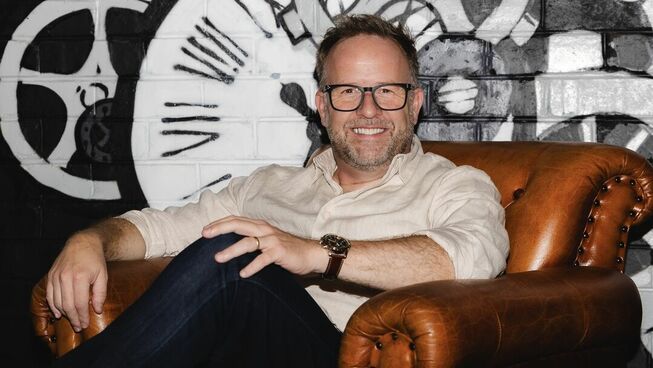
3.5 out of 5 stars
Greta Gerwig has been a mainstay as an actress over the past decade in independent cinemas and may not be a familiar name to most audiences. Recently Lady Bird has forced her to the centre stage of the public eye. Even though she has received critical acclaim for her acting throughout the years, it is her writing and directing that have afforded her even greater recognition. With a win at the Golden Globes and an Academy Awards nomination, this comedic actress finds herself as everyone’s favourite female director.
Her directing debut is a semi-autobiographical sketch of her teenage life in Sacramento, California. The central charter is Christine “Lady Bird” McPherson (Saoirse Ronan) who is in her final year at a parochial high school. She is trying to figure out what her future is: to remain on the West Coast or to follow her dreams to the East. Between applying to universities around the country, she decides to try her hand at the theatre, makes strides to connect with the elite of her school and explores her own sexual identity. As she rides the emotional roller coaster of this tumultuous time that tends to impact all teenagers, things get exacerbated by her strained relationship with her mother. As the time comes for her to graduate, everything moves toward an inevitable collision of the expectations of all who are involved in her life.
The theme and marketing are reminiscent of the seminal coming of age films from John Hughes (Sixteen Candles, Pretty in Pink), but Gerwig delivers a twist on this genre in her maiden directorial venture. Even though this modern version is not as polished as the films of the past, this story is closer to the independent film heritage that this actress turned writer/director has represented in her career. Riding the line between fiction and reality, the method of storytelling has moved from a world of innuendo into a realm of realism. Reminiscent of 2016’s The Edge of Seventeen and its use of actual sexual encounters and the raw use of the human vernacular, this film becomes inaccessible to the supposed target audience. Which begs the question, who is the target audience?
Even though the central character is a self-centred teen played with unapologetic precision by Saoirse Ronan, she does not seem to represent the actual intended market. The content is not designed for a younger audience, but for the adults who were raised on those John Hughes films and now realise that real life is nothing like those films of the past. The marvellous performances of Laurie Metcalf and Tracy Letts as Lady Bird’s parents manage to show the bittersweet nature of parenthood. The biting commentary of this film is the lack of contentedness in modern society and how everything in life can be taken for granted.
By showing this lack of contentedness, Gerwig manages to personify mankind’s relationship with God. The realisation that God has afforded us all that we have in this life on earth and the society that we have surrounding us, but we fail to appreciate or value what we have been given. It is not until events and philosophies begin to challenge this paradigm that we begin to appreciate all that we have been given in this life.
The script touches on some of the harsh realities of life and handles them in a humorous and confronting manner. It is artistically entertaining, but in attempting to deliver a more reality-based teen film, Gerwig manages to write a coming of age film for the parents of the modern teenager. Lady Bird is well crafted and contains some fantastic performances, but is it the best film of the year? Time will tell, time will tell.
Reel Dialogue: What passages in the Bible help with parenting?
Psalms 127:3, Proverbs 22:6, Colossians 3:21








